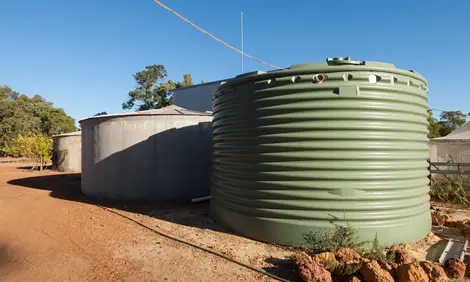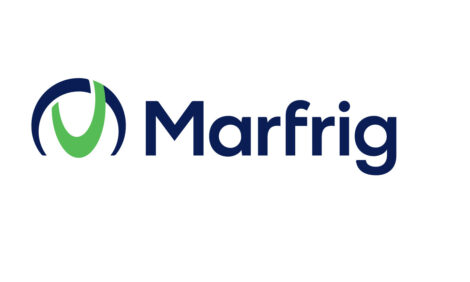



Defra Asks For Views On Breeding Flock Programme
UK - Defra have released a consultation letter on the implementation of the UK National Control Programme for Breeders (Gallus gallus).
Salmonella is of serious concern from a public health perspective. The NCP meets the requirements of EU Regulations 2160/2003 and 1003/2005 for the detection and control of Salmonellas of public health significance in breeding flocks. Regulation 2160/2003 provides a framework for the NCP which details the phases of production which sampling and testing for the Salmonellas must cover, and Regulation 1003/2005 establishes the reduction target level of 1% or less of adult breeding flocks remaining positive by 2009.
To control the threat Salmonella poses to public health further along the food chain it was agreed with industry representatives that sampling should move from hatcheries to farm holdings. By January 2007 all Member States are expected to have implemented a NCP which meets the requirements of this legislation, including measures to reach the reduction target.
Defra officials have worked in partnership with industry on the production of the NCP and regular meetings have been held with stakeholders to discuss the implementation of the new sampling programme. The breeding flock sector is already meeting many of the measures in the NCP, including the reduction target. In recognition of the breeding flock sector’s success in controlling Salmonella the RIA focuses on how the enhanced monitoring and controls can be implemented to meet our commitment to public health and obligations under EU law, whilst controlling additional costs to producers.
Each implementation option is analysed in detail with the costs and benefits laid out clearly. The Breeding Flocks Order does not impose any specific charges on industry for the collection of official control samples. However the cost estimates in the RIA have been calculated on the basis of full cost recovery for the collection/supervision of the official control samples, which are required by Regulation 1003/2005 to verify the achievement of the reduction target. This reflects moves towards greater cost sharing between government and industry for the control of animal disease and should be assumed when evaluating the options.
The National Control Programme (NCP) for breeding flocks, as enforced by The Breeding Flocks Order 2007, sets out measures for the control and detection of Salmonellas of human health significance in breeding flocks.
These are Salmonella Enteritidis, Salmonella Hadar, Salmonella Infantis, Salmonella Typhimurium and Salmonella Virchow. These measures will replace and enhance existing controls contained in The Poultry Breeding Flocks Order 1993.
Some of the main requirements of the NCP are that poultry flock operators with breeding flocks containing 250 birds need to:
- Maintain the prevalence of Salmonellas in adult breeding flocks of Gallus gallus to a target level of 1% or less of breeding flocks infected.
- Meet minimum sampling requirements during the rearing and production stages
- Take specific control measures following the detection of Salmonella Entreritidis and Salmonella Typhimurium to protect human health.
Further Information
To view the consultation letter, click here
To read the consultation order form, click here
To read the full programme (66 pages), click here (PDF)
ThePoultrySite News Desk








